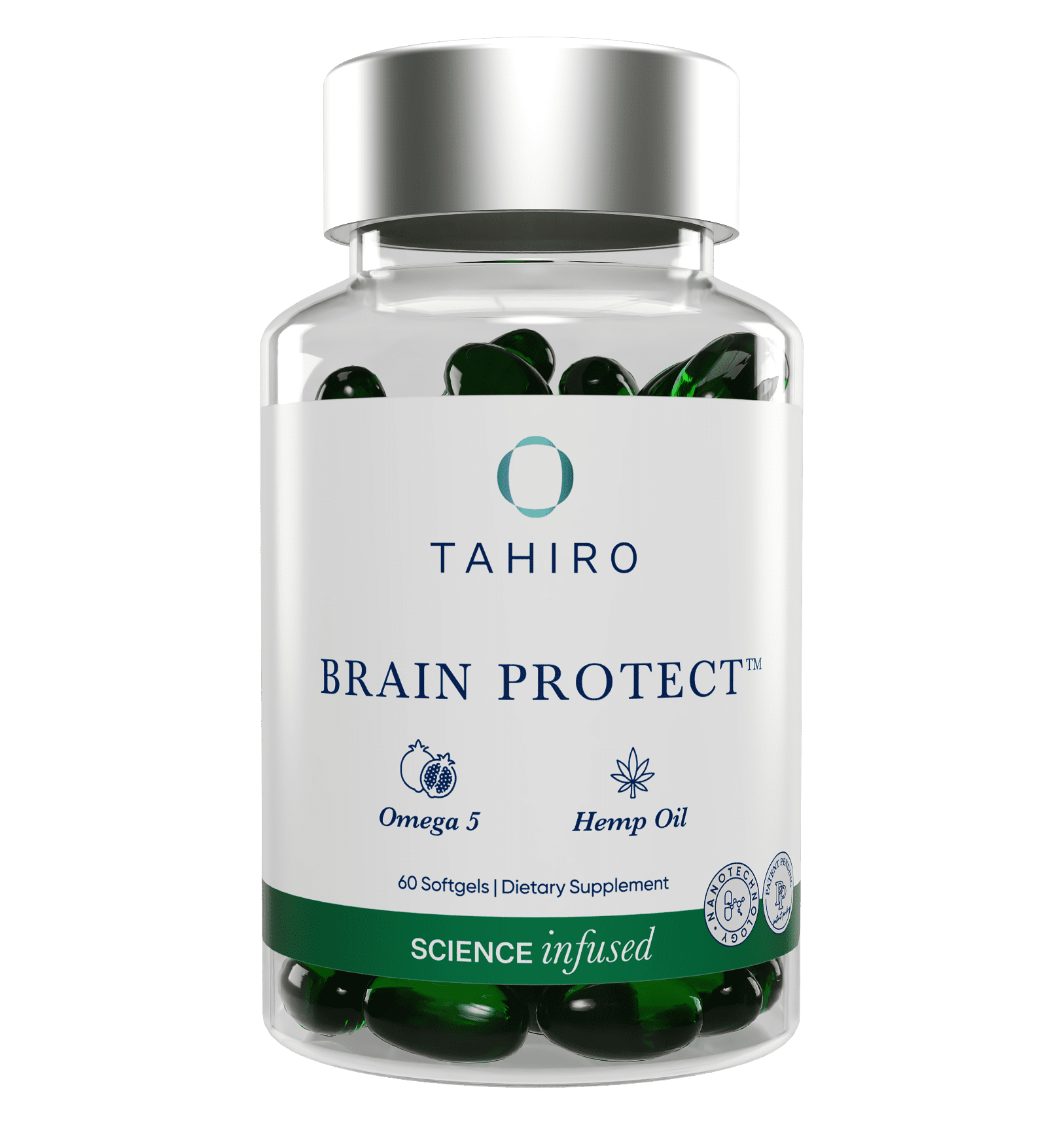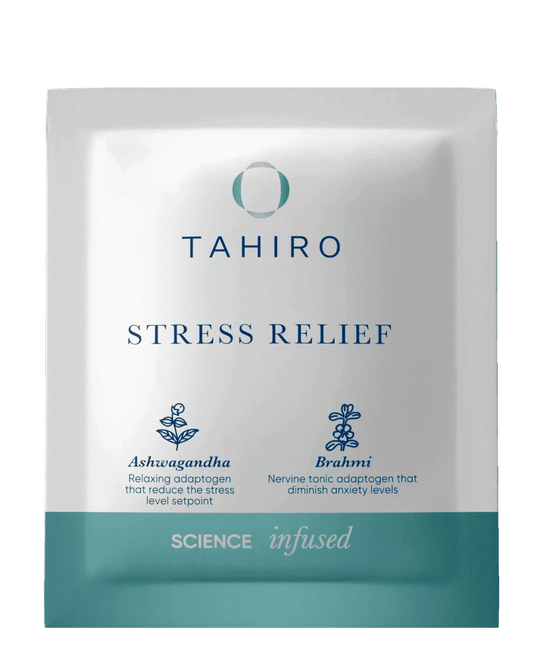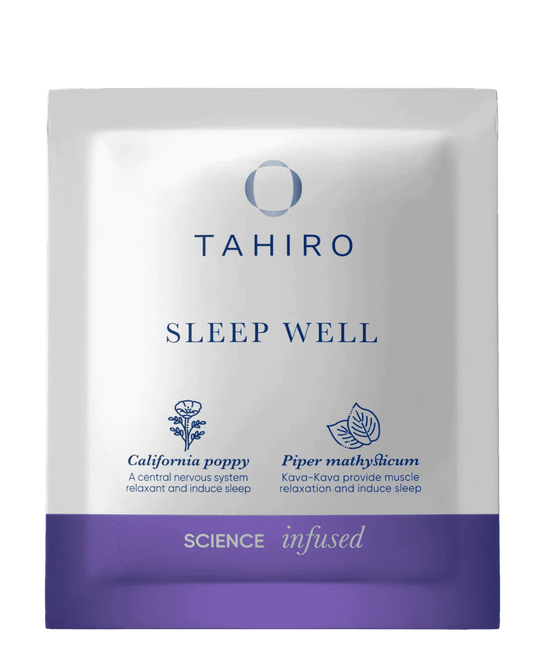Understanding the Link Between Anxiety and Cognitive Functioning: Can Anxiety Impair Your Mental Abilities? Anxiety disorders are among the most common mental health conditions, affecting millions of people worldwide. Research has suggested that individuals who experience anxiety may also struggle with cognitive functioning, including issues with attention, working memory, and decision-making. As a result, the connection between anxiety and cognitive impairment has garnered significant attention in the scientific community. In this article, we will examine the current state of scientific knowledge on this topic and explore potential treatments that may help to alleviate the negative impact of anxiety on cognitive abilities.
How Anxiety Works in the Brain: Mechanisms of Production and Regulation.
Anxiety is believed to be produced and regulated by various brain regions, including the amygdala and the prefrontal cortex.The amygdala, a small region in the center of the brain that’s responsible for processing emotions like fear, plays a central role in generating anxiety. The prefrontal cortex helps regulate emotional responses and exerts inhibitory control over the amygdala. Serotonin, a chemical in the brain that’s known to be important for regulating mood, is also implicated in anxiety regulation. Understanding the mechanisms of anxiety production and regulation in the brain can help identify potential treatment options for individuals experiencing anxiety-related cognitive impairments.
How Anxiety May Impair Cognitive Functioning?
Researchers have identified various mechanisms through which anxiety impairs cognitive functions. This is what happens in the brain when it’s subjected to continuous anxiety over time [1]:
- Anxiety activates the stress response in the brain, which triggers the release of stress hormones like cortisol and adrenaline from the adrenal glands into the bloodstream.
- These stress hormones affect circuits in the brain that are involved in cognitive processes, such as attention, working memory (the short-term memory used to complete a task), decision-making, and problem-solving.
- In the short term, stress hormones can enhance certain cognitive functions, such as attention and memory, by prioritizing the processing of information related to the stressful situation.
- However, chronic or excessive stress leads to a negative impact on cognitive functioning over time.
- Chronically high levels of cortisol, for example, have been associated with reduced hippocampal volume and impaired working memory in individuals with anxiety disorders.
- Additionally, anxiety can lead to rumination, which is repetitive and intrusive thinking about negative events or feelings. This can further impair cognitive functioning.
- Overall, anxiety can lead to cognitive impairment through all of these mechanisms, and potentially in other ways not yet discovered. This demonstrates the importance of effective interventions to manage anxiety and promote cognitive health.
What Brain Functions Can Be Impaired by Long Term Induced Anxiety?
Long-term anxiety can have a negative impact on various brain functions[2], including:
-
Attention: Anxiety can lead to distractibility and difficulty sustaining attention on a task.
- Working memory: Anxiety can impair working memory, which is the ability to hold information in memory and manipulate it in the short term.
-
Decision-making: Anxiety can cause individuals to avoid making decisions or to make decisions that are overly cautious or risk-averse.
- Problem-solving: Anxiety can interfere with creative thinking and problem-solving abilities.
-
Executive functioning: Anxiety can impair the brain's ability to plan, organize, and initiate complex behaviors.
- Emotional regulation: Anxiety can lead to difficulty regulating emotions, such as increased sensitivity to negative stimuli or difficulty coping with stress.
-
Sleep: Anxiety can interfere with both the quality and the quantity of sleep, which can further exacerbate cognitive impairments.
- Hippocampal function: Chronic anxiety can lead to reduced volume and impaired function in the hippocampus, which is a brain region associated with memory and learning.
-
Prefrontal cortex function: Anxiety can impact the function of the prefrontal cortex, which is a brain region involved in decision-making, attention, and working memory.
-
Neuroplasticity: The ability of the brain to adapt and change in response to new experiences is known as neuroplasticity. Chronic anxiety can reduce neuroplasticity, which can have long-lasting effects on cognitive functioning.
It is important to note that anxiety impacts each person in a unique way. The specific cognitive impairments experienced by individuals with long-term anxiety may vary depending on the severity and duration of their anxiety, as well as individual differences in brain function and coping strategies.
Behavioral Changes and Symptoms Associated with Anxiety-Related Cognitive Impairment
Anxiety-related cognitive impairment can result in a variety of behavioral changes that may significantly affect daily life for some people [3]. Some of the behavioral changes associated with anxiety-related cognitive impairment include:
Agoraphobia:
- Fear and avoidance of situations or public places where escape may be difficult or embarrassing, such as public transportation or open spaces.
- People with agoraphobia may experience severe anxiety or panic attacks when faced with these situations, and will generally try to avoid them when possible.
Social anxiety disorder:
- Fear of being judged or evaluated by others in social situations.
- People with social anxiety disorder will tend to avoid social situations, or will feel extreme discomfort when faced with them.
- Physical symptoms such as sweating, trembling, and blushing may occur in social situations.
Post-traumatic stress disorder (PTSD):
- Intrusive thoughts, memories, or nightmares related to a traumatic event.
- People with PTSD will often try to avoid reminders of the trauma, including people, places, or activities that are associated with the traumatic event.
- They often display symptoms of excessive nervous system arousal, including irritability, difficulty sleeping, and hypervigilance.
Obsessive-compulsive disorder (OCD):
- Intrusive thoughts or images that are unwanted and cause anxiety.
- Compulsive behaviors or rituals that are performed to alleviate anxiety, such as excessive hand-washing or repeatedly checking locks.
- People with OCD feel a sense of relief after performing these compulsive behaviors, but their anxiety returns shortly afterward.
Generalized anxiety disorder (GAD):
- Excessive worry and anxiety about everyday events or activities, and difficulty controlling or managing anxious thoughts and feelings.
- Frequent physical symptoms of anxiety, such as muscle tension, restlessness, and difficulty sleeping.
How does anxiety affect Memory structure dysfunction?
Anxiety can have a negative impact on memory structure and function. Research has shown that chronic anxiety can lead to structural changes in the brain, particularly in the hippocampus, which plays a critical role in memory formation and retrieval [4]. High levels of stress hormones such as cortisol, which are released during periods of anxiety, can also interfere with the processes of memory consolidation and retrieval. This means that, when a person feels anxious or stressed, it’s more difficult to form new memories and to remember previously learned information. Additionally, anxiety can cause attentional biases, where the brain’s focus is narrowed towards the perceived threat.. This makes it difficult to pay attention to and learn anything that’s not related to the threatening situation. These factors can contribute to memory dysfunction in individuals with anxiety disorders, such as impaired recall and recognition of information. Seeking treatment for anxiety may help to alleviate these memory impairments and improve cognitive functioning.
Clinical Studies Related to Anxiety & Cognitive Impairment Cycle
Clinical studies have investigated the relationship between anxiety and cognitive impairment and have provided insights into the cycle that can occur between these two conditions. For example, a study published in the Journal of Affective Disorders found that individuals with anxiety disorders had significantly lower performance on cognitive tasks compared to healthy controls[5]. Another study published in the Journal of Anxiety Disorders found that individuals with social anxiety disorder showed greater cognitive impairment in areas such as working memory and attention compared to individuals without the disorder [6]. It’s been established that anxiety can cause cognitive impairment, but it’s also possible that cognitive impairment may lead to increased anxiety [7], creating a cycle that can be difficult to break.
Natural Treatments for Cognitive Impairment Caused by Stress & Anxiety
Many people are searching for natural ways to combat anxiety and stress, without the use of prescription medications. Natural treatments for anxiety include various relaxation techniques, including meditation, deep breathing exercises, and progressive muscle relaxation. These techniques have been found to be effective in reducing anxiety and improving cognitive function. Different techniques work for different people, so it’s best to try various techniques until you find one that works well for you. Additionally, regular exercise has been shown to reduce stress and improve brain function. A diet rich in omega-3 fatty acids, found in foods such as salmon, walnuts, and flaxseeds, has also been linked to improved cognitive function. Taking omega-3 supplements may be beneficial for those who do not consume enough of these fatty acids through their diet or who would like to make sure that they’re getting enough every day to preserve their brain function. Some other herbs and supplements, such as lavender, passionflower, and ashwagandha, have also been found to have a calming effect and reduce anxiety. They may not work for every person, but many people find them useful in relieving anxiety. However, it is important to consult with a healthcare professional before starting any new supplement, as some herbs and supplements can interact with medications or have serious side effects.







